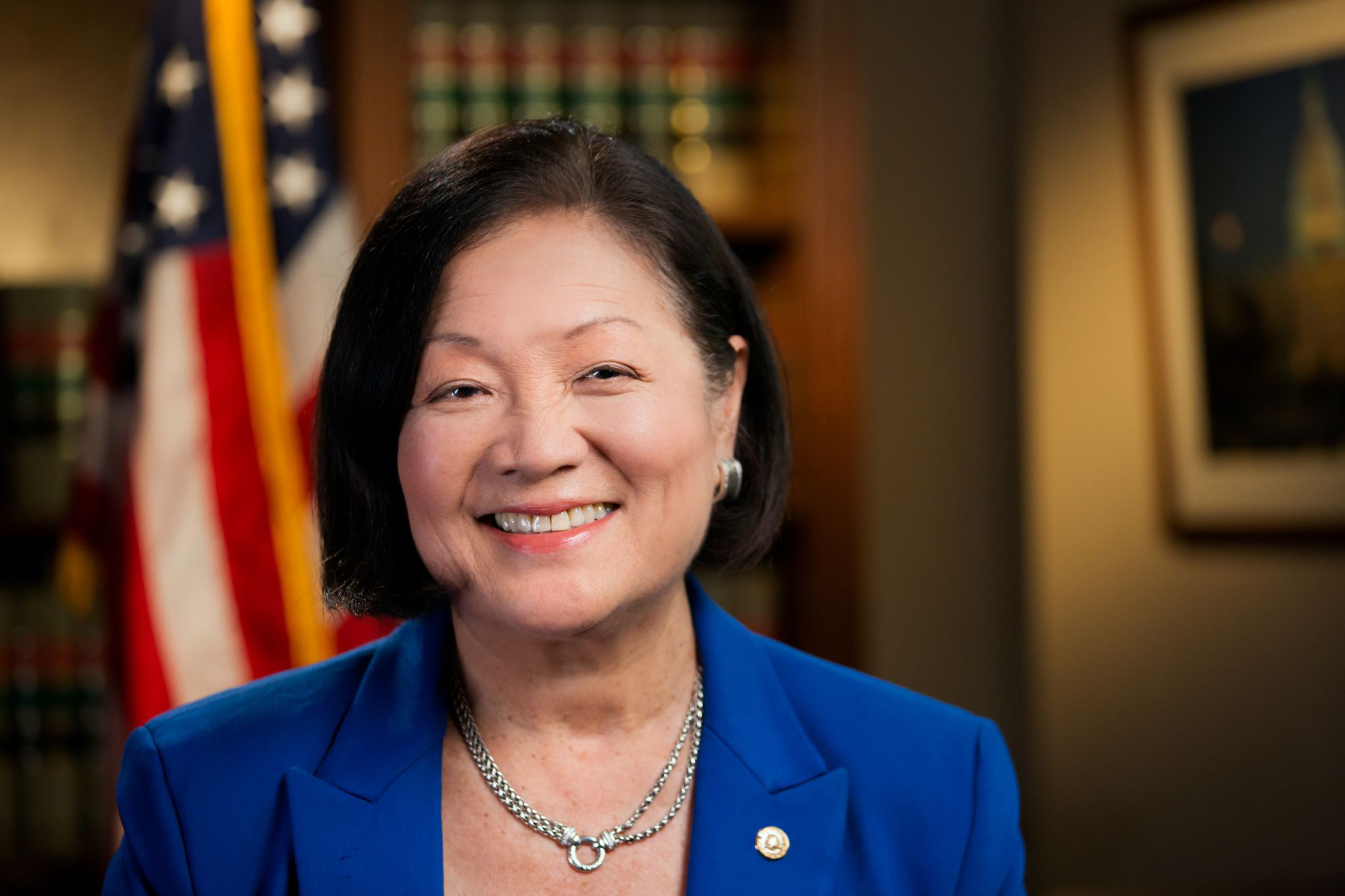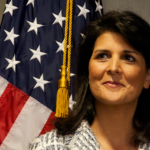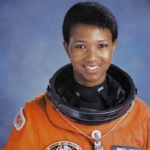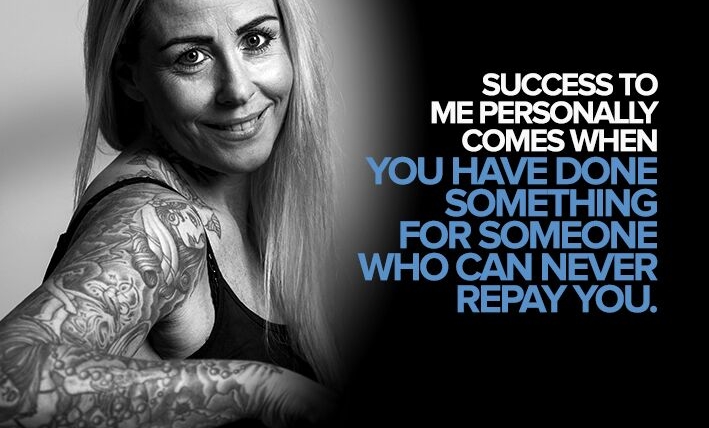
Mazie Hirono is the first Asian-American woman to be elected to the U.S. Senate. An incredible accomplishment highlighted in TIME Magazine’s Firsts Edition on Women changing the World.
Here is The Senator’s Full Interview:
“The Senate needs a lot more diversity, and I bring quadruple diversity.”
I am the only immigrant serving in the U.S. Senate right now. I was almost 8 when my mother bravely brought her children to this country so we could have a chance at a better life. She figured out early on that she didn’t have a traditional daughter. She never once asked me when I was going to get married or when I was going to have children. Not once. Why should she expect those things from me when her marriage was disastrous? She wanted me to live my own life, and she was supportive of every strange thing I did.
I got involved in the political arena in college, protesting the Vietnam War, and became friends with some of the activists at the University of Hawaii. We got together and said, “It is not enough for us to march and hold signs; we need to have seats at the table.” Which meant that we wanted to prepare ourselves for public service. It was mainly the guys in the group who thought about running for office. I decided I needed more education. I went off to law school so that I could have more credentials.
Women feel we need to be much better prepared, that we need to have a lot of experience behind us before we run for office. When I first ran for office in 1980, there weren’t that many women running for office. I had already run other people’s campaigns, all men.
Having women and minorities makes for a fuller discussion, which leads to better decisionmaking. When I was first running for this Senate seat, in 2012, at one of the big gatherings, I said, “The Senate needs a lot more diversity, and I bring quadruple diversity to the Senate. One, I’m a woman. Two, I am Asian. I would be the first Asian woman to be elected to the U.S. Senate. Three, I am an immigrant. And four, I am the only Buddhist serving here.” Somebody in the crowd yelled, “Yeah, but are you gay?” And I said, “Nobody’s perfect.”
There were five Democratic women running for open seats in our respective states. We would campaign together—Tammy Baldwin, Heidi Heitkamp, Elizabeth Warren and Shelley Berkley. The dynamic, the visual of all these women … It really hit people at our events that this is a powerful gathering of women who could work together.
Women are problem solvers. The women of the Senate get together on a regular basis. When the government shutdown happened, you probably saw the story of Susan Collins and others who worked hard to end that impasse. I think it’s because women are not as ego-involved in terms of how to get things done. None of us is namby-pamby. We have different approaches, but I believe that women are very effective in what we do and in our ability to keep the lines of communication open.
There are seven women now on the Senate Armed Services Committee—more than ever in the history of that committee. It’s a very macho committee. I believe that all of us women on the committee have experienced sexual harassment at some point in our lives, whether in college or wherever. And it’s when the women sat on that committee that the issue of sexual assault in the military very much came to the forefront. It was really the women, in my view, who drove that issue, and got some changes made.
Clearly we have to make efforts to get women into the pipeline, whether in the corporate decisionmaking ladder or in politics. When you have a huge first like the first woman President, others will follow. Then there will be a second and a third and fourth. That is how things change, as far as the glass ceiling is concerned.
Watch the interview on on time.com.





